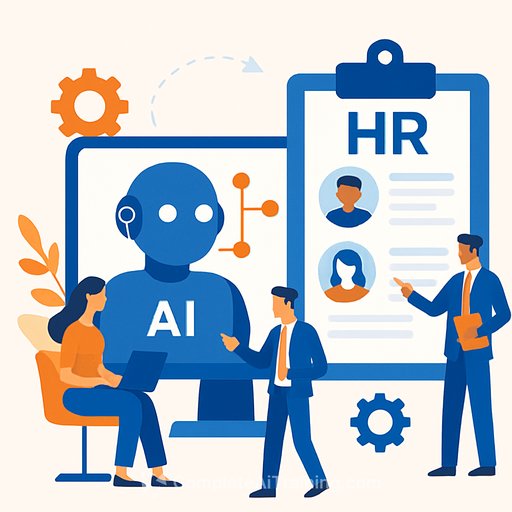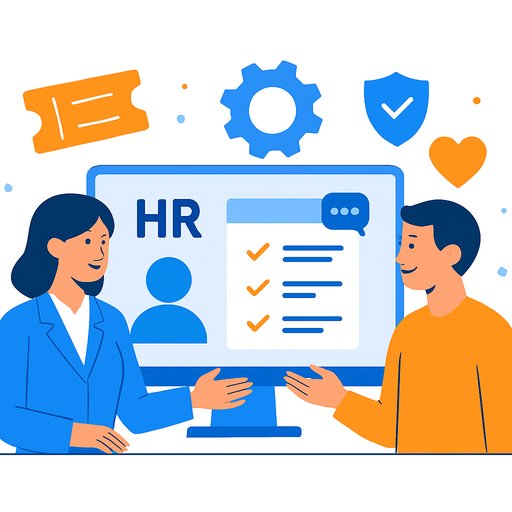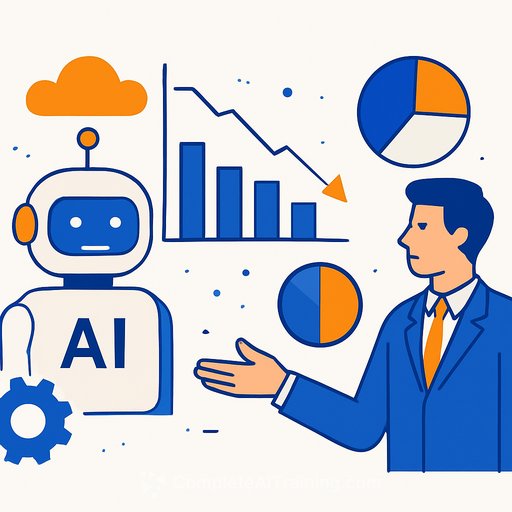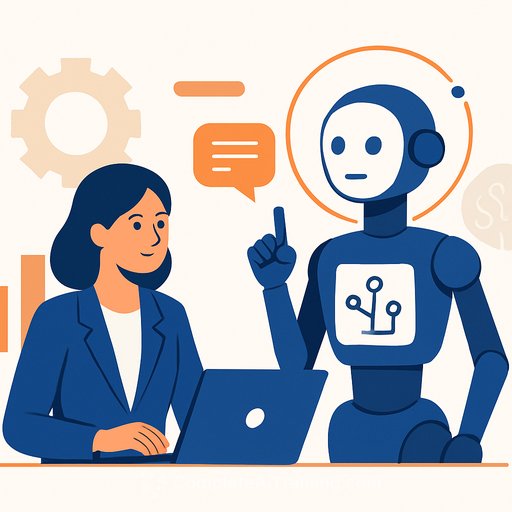The Evolution of HR Technology
Human Resources has moved far beyond hiring and payroll. Today, it acts as a strategic partner that influences how work gets done. AI-driven automation, predictive analytics, and chatbots that interpret policies are streamlining HR operations, improving employee experiences, and enabling data-driven decisions at scale.
Technology leaders like Gaurav Mishra, a Software Engineering Manager with over 12 years of experience at Amazon, are shaping this shift. His work on Amazon’s HR Service Central (HRSC) platform integrates AI-powered automation to optimize case routing, speed up query resolution, and deliver seamless HR services to tens of thousands of employees worldwide.
Transformation in HR Technology
HR technology has evolved from manual processes and disconnected systems to intelligent platforms powered by AI and machine learning. These systems automate routine tasks, forecast workforce trends, and personalize employee engagement.
“HR technology isn’t just about reducing workload—it’s about creating intelligent systems that empower HR professionals to make informed decisions and improve the employee experience,” says Mishra.
At Amazon, his leadership in implementing large language models (LLMs) and intelligent automation has reshaped how HR teams support employees, making services more efficient and adaptable. Predictive analytics now help organizations identify hiring patterns, forecast attrition, and refine recruitment strategies.
Machine learning analyzes engagement data to recommend personalized career paths, while AI chatbots handle routine inquiries, freeing HR professionals for more strategic work. Mishra also emphasizes the importance of data security and compliance with global privacy laws, ensuring these AI integrations stay secure and scalable.
AI and Automation in Workforce Management
AI-driven HR platforms excel at simplifying complex workflows. Mishra’s team developed AI models that reduce query resolution times significantly, enabling HR professionals to respond faster and with greater accuracy.
Automated case routing and intelligent decision models enhance personalization by directing requests to the right teams without unnecessary human intervention. This speeds up support and improves overall service quality.
AI also boosts productivity and communication by summarizing Slack conversations or emails quickly. This saves time, reduces information overload, and helps employees focus on key decisions and action items. These tools also serve as knowledge management systems by preserving searchable archives and institutional knowledge.
The Road Ahead for HR Tech
Mishra envisions fully autonomous HR platforms that use AI to predict and address workforce challenges before they emerge. “The future of HR tech lies in proactive intelligence,” he explains. Self-learning systems will detect engagement patterns, forecast retention risks, and recommend personalized career growth in real time.
With remote and hybrid work becoming standard, AI-powered solutions will manage distributed teams more effectively, optimize performance tracking, and support seamless collaboration. Cloud-native HR infrastructure will combine AI, automation, and analytics to create more responsive workforce management.
As an associate editor at SARC, Mishra researches HR automation, AI recruitment, and digital workforce transformation. His insights show how organizations can align HR tech with business goals to improve efficiency and retain talent.
“Organizations that invest in AI-powered HR solutions now will gain a competitive edge in the workforce of tomorrow,” he concludes. HR technology is increasingly a strategic tool that enables the future of work.
With experts like Gaurav Mishra leading AI-driven innovation, businesses can confidently adapt to evolving workforce demands. HR has become a central force in shaping how companies operate and thrive.
Your membership also unlocks:






